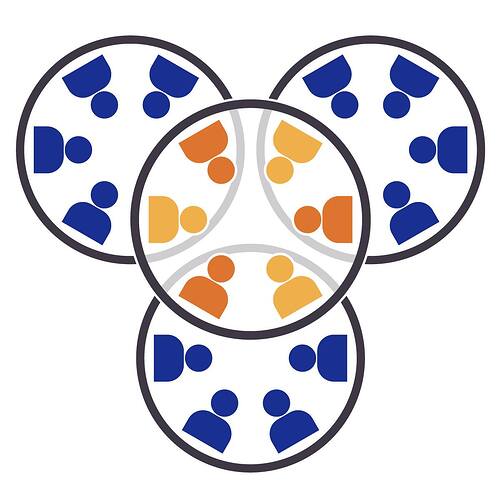Sociocracy governance, also known as dynamic governance, is a decision-making and governance system that aims to create a more inclusive and participatory organizational structure.
It can be beneficial in various contexts, but there are specific situations where sociocracy governance is often recommended.
Here are a few scenarios:
- Collaborative Organizations:
Sociocracy governance is well-suited for organizations that value collaboration and shared decision-making. It provides a framework that allows everyone to have a voice and contribute to the decision-making process. This approach can be particularly effective in organizations with flat hierarchies or those striving for a more egalitarian structure.
- Complex Decision-Making:
When decisions are complex and involve multiple stakeholders, sociocracy governance can help facilitate the process. It provides a structured way to gather input, consider different perspectives, and reach consent-based decisions. This is especially valuable when dealing with complex projects, long-term planning, or policy development.
- Empowering Teams:
Sociocracy governance promotes the empowerment of teams and individuals within an organization. It encourages distributed authority and decision-making, allowing teams to make decisions autonomously within their domains while ensuring alignment with the overall organizational goals and strategies. This can foster a sense of ownership, engagement, and accountability among team members.
- Conflict Resolution:
Sociocracy governance provides mechanisms for addressing conflicts and tensions within an organization. Its emphasis on open communication, transparency, and consent-based decision-making helps create a safe space for dialogue and conflict resolution. By involving all stakeholders in the decision-making process, it reduces the chances of conflicts arising from top-down directives or lack of communication.
- Continuous Improvement:
Sociocracy governance encourages continuous learning, feedback, and adaptation. It supports a culture of reflection and evaluation, where processes, policies, and decision-making methods are regularly reviewed and improved. This can be valuable for organizations that prioritize innovation, adaptability, and staying responsive to changing circumstances.
It’s important to note that implementing sociocracy governance requires a commitment to learning and adapting to the principles and practices of this system.
It may not be suitable for every organization or situation, and careful consideration should be given to the organization’s culture, size, and specific needs before deciding to adopt sociocracy governance.
Personally, I love sociocracy and I’m in a continuous process of spreading it worldwide, including my native language.
If you would like to share your comments or personal reflections on this topic, please feel free to do so in a comment below. Thank you.
Best wishes
